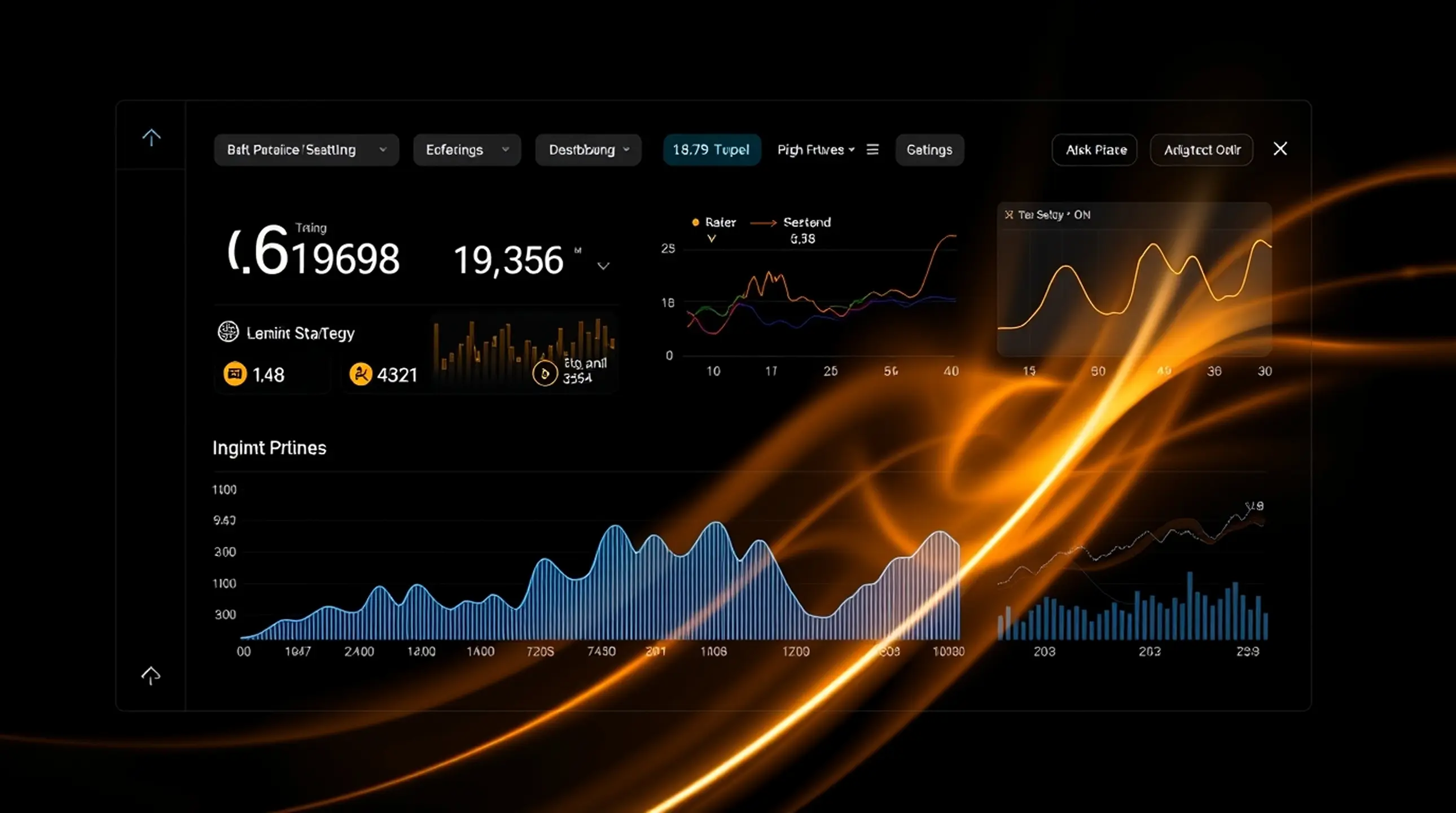Biodiversity is the intricate web of life that sustains our planet, providing essential ecosystem services from clean air and water to pollination and climate regulation. Yet, it faces unprecedented threats from habitat loss, climate change, pollution, and unsustainable resource exploitation. Traditional conservation efforts, often reliant on manual data collection and reactive interventions, struggle to keep pace with the scale and complexity of these challenges. The sheer volume of ecological data, coupled with the intricate relationships within ecosystems, makes this a perfect domain for **Artificial Intelligence and advanced predictive modeling**.
At Zyllica, we harness the power of AI and predictive analytics to revolutionize conservation. Our methodology integrates diverse ecological datasets—from satellite imagery to climate data—to build sophisticated models that predict the vulnerability of species and habitats to future threats. This shifts conservation from guesswork to a proactive science, optimizing the allocation of limited resources for maximum impact.
Implementing AI for biodiversity offers profound benefits for environmental agencies and governments. Our solutions provide a predictive framework to anticipate threats before they escalate, optimize resource utilization for maximum ecological impact, and accelerate the pace of conservation outcomes. This empowers organizations to move beyond reactive measures, transforming ecosystem protection into an intelligent, scalable, and highly impactful strategy for a healthier planet.
Contact Zyllica's Science Team to discuss how AI can protect our planet's invaluable natural heritage.
More Thought-Provoking Insights

In a world facing unprecedented threats to biodiversity, traditional conservation efforts often struggle to keep pace. This article explores how AI and advanced predictive models can transform conservation from a reactive battle into a proactive, intelligent, and highly effective strategy.

Urban safety is a core concern for municipalities worldwide. This article explores how AI and predictive analytics can transform traditional reactive policing into a proactive science, optimizing resource allocation and building safer, more efficient cities.

The agricultural sector faces increasing global food demand and climate volatility. This article explores how AI transforms traditional farming into a precision science, enabling agribusinesses to enhance crop yield, optimize resource allocation, and build a more resilient food supply chain.